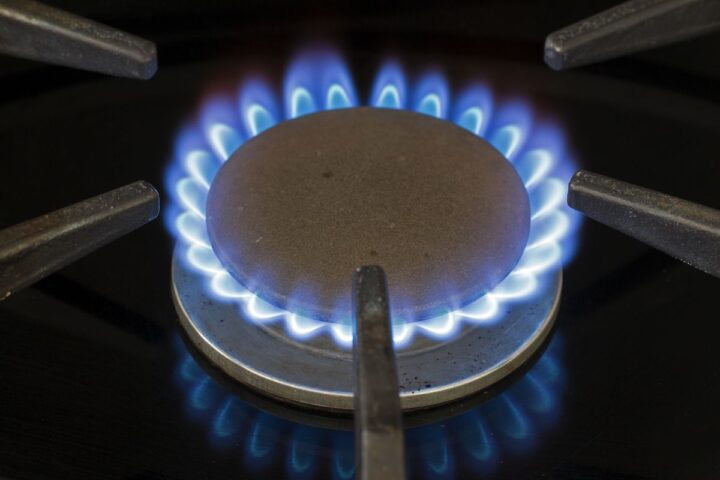A research by the Environmental Science & Technology journal states that stoves which make use of cooking gas are contributing more to global warming than previously thought.
The journal which released its findings on Thursday said this is happening because of constant tiny methane leaks while the gas stoves are not in use.
Methane is a greenhouse gas that is more potent than carbon dioxide but does not stay in the atmosphere nearly as long and is only found in small quantities in the atmosphere.
The study also raised new concerns about indoor air quality and health because of levels of nitrogen oxides measured during combustion (burning).
Advertisement
The research which was conducted in the US stated that even when they are not running, US gas stoves are putting 2.6 million tons (2.4 million metric tons) of methane — in carbon dioxide equivalent units — into the air each year. This, it said, is equivalent to the annual amount of greenhouse gases from 500,000 cars.
“We quantified methane released in 53 homes during all phases of stove use: steady-state-off (appliance not in use), steady-state-on (during combustion), and transitory periods of ignition and extinguishment,” the report stated.
“We estimated that natural gas stoves emit 0.8–1.3 percent of the gas they use as unburned methane and that total U.S. stove emissions are 28.1 [95 percent confidence interval: 18.5, 41.2] Gg CH4 year–1.
Advertisement
“More than three-quarters of methane emissions we measured originated during steady-state-off. Using a 20-year timeframe for methane, annual methane emissions from all gas stoves in U.S. homes have a climate impact comparable to the annual carbon dioxide emissions of 500 000 cars.
“In addition to methane emissions, co-emitted health-damaging air pollutants such as nitrogen oxides (NOx) are released into home air and can trigger respiratory diseases.”
According to Associated Press, Rob Jackson, a co-author of the research and a Stanford University climate scientist said: “They’re constantly bleeding a little bit of methane into the atmosphere all the time.”
This was noticed when as part of the research methodology, the researchers sealed most of the rooms in plastic tarpaulin and then measured emissions when the stoves were working and when they were not. Johnson said what was surprising was that three-quarters of the methane released happened while the stoves were off.
Advertisement
He estimated that when all natural gas use and extraction is taken into account, about 100 million tons (91 million metric tons) of gas leaks into the atmosphere, adding that the couple million tons from gas stoves is meaningful because it’s “a substantial part and it’s a part that we haven’t included accurately in the past.”
Eric Lebel, PSE Healthy Energy, an Oakland nonprofit, said: “That’s a big deal because we’re trying to really reduce our carbon footprint and we claim that gas is cleaner than coal, which it is,” but that much of the benefit disappears when leaks are taken into account.
On his part, Zachary Merrin, a research engineer with the Illinois Applied Research Institute, said the emission of un-combusted methane is “clearly bad” but from an emissions standpoint, “cooking directly with gas is better than using a fossil fuel powered electric stove but worse than using a solar powered electric stove”.
The researchers advised that people should always use hood ranges and make sure they have proper ventilation.
Advertisement
Add a comment






